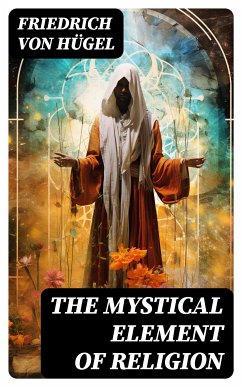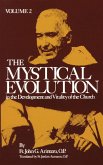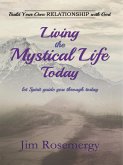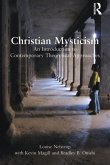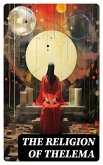In "The Mystical Element of Religion," Friedrich von Hügel undertakes a profound exploration of the interface between religion and mysticism, articulating a nuanced perspective that highlights the intrinsic value of mystical experiences within the broader theological landscape. Written in an eloquent and accessible style, this work synthesizes diverse religious traditions, emphasizing phenomenology while engaging with both contemporary and classical theological thought. Von Hügel's historical context, amid a burgeoning interest in the psychological and spiritual dimensions of belief, informs his reflective examination of how mysticism enriches religious practice and understanding, leading to a more profound engagement with the divine. Friedrich von Hügel, a prominent theologian and philosopher of the late 19th and early 20th centuries, was influenced by his upbringing in a Catholic milieu and his exposure to different faith traditions. His scholarly pursuits were marked by a deep engagement with the mystical writings of various saints, alongside an academic grounding in philosophy and history. This multifaceted background propelled von Hügel to advocate for a more inclusive viewpoint on religion, one that valued the personal and experiential aspects of faith. This seminal work is highly recommended for scholars, theologians, and lay readers alike seeking to deepen their understanding of the mystical aspects of religion. Von Hügel's synthesis of theology and spirituality invites readers to appreciate the richness of faith as a multi-dimensional experience, making it an essential addition to any religious studies library.
Dieser Download kann aus rechtlichen Gründen nur mit Rechnungsadresse in A, B, BG, CY, CZ, D, DK, EW, E, FIN, F, GR, H, IRL, I, LT, L, LR, M, NL, PL, P, R, S, SLO, SK ausgeliefert werden.

